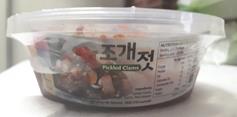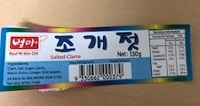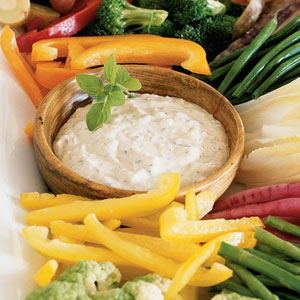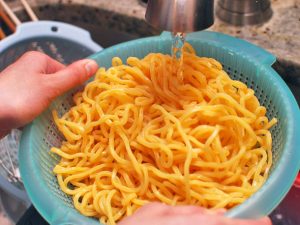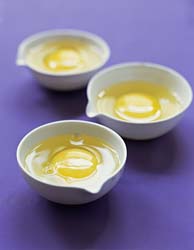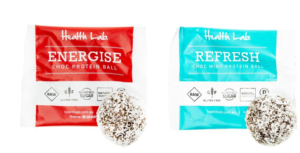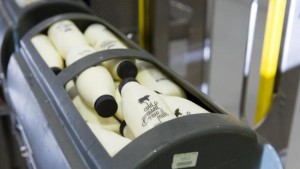This recall is particularly notable because the meals are distributed to some of the most vulnerable in society.
 The NSW Food Authority advises:
The NSW Food Authority advises:
The Flagstaff Group Limited T/A Flagstaff Fine Foods is conducting a recall of the products below. The products have been available for sale at Meals on Wheels and community organisations in NSW, ACT, QLD and SA.
Product details:
Chicken Schnitzel with Gravy, 360g, Cardboard container clear film seal, Use By: 17/07/2020, 24/07/2020, 25/07/2020, 05/08/2020, 06/08/2020, 18/08/2020, 13/08/2020, 27/08/2020, 03/09/2020
Lamb Chop, 360g, Cardboard container clear film seal, Use By: 17/02/2020, 18/07/2020, 25/07/2020, 30/07/2020, 06/08/2020, 18/08/2020, 20/08/2020, 22/08/2020, 27/08/2020, 09/09/2020, 12/09/2020
Honey Mustard Beef, 360g, Cardboard container clear film seal, Use By: 28/07/2020, 25/08/2020
Pork in BBQ Sauce, 360g, Cardboard container clear film seal, Use By: 25/07/2020, 18/08/2020
Apricot and Fig Chicken, 360g, Cardboard container clear film seal, Use By: 15/08/2020
Vienna Schnitizel, 360g, Cardboard container clear film seal, Use By: 22/07/2020, 05/08/2020, 18/08/2020, 29/08/2020, 10/09/2020
Pork Apple and Cranberry Casserole, 360g, Cardboard container clear film seal, Use By: 12/08/2020, 01/09/2020
Roast Beef, 360g, Cardboard container clear film seal, Use By: 21/07/2020, 25/07/2020, 01/08/2020, 06/08/2020, 18/08/2020, 22/08/2020, 29/08/2020, 05/09/2020, 12/09/2020
Problem: The recall is due to a potential microbial (Listeria monocytogenes) contamination.
Food safety hazard: Listeria may cause illness in pregnant women and their unborn babies, the elderly and people with low immune systems.
Country of origin: Australia
What to do: Consumers should not consume this product and should return the product to the place of purchase for a full refund. If you are concerned about your health, you should seek medical advice.
For further information please contact:
The Flagstaff Group Limited T/A Flagstaff Fine Foods
Ph. 02 4272 0208
www.flagstaffgroup.com.au


